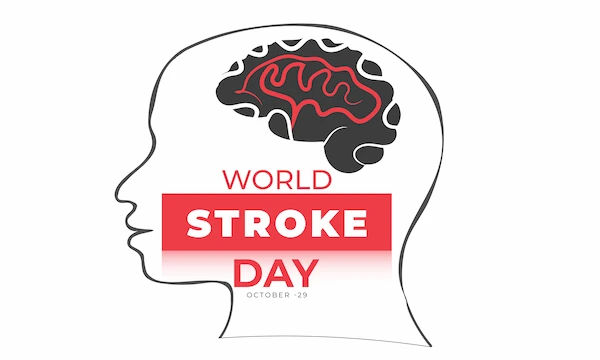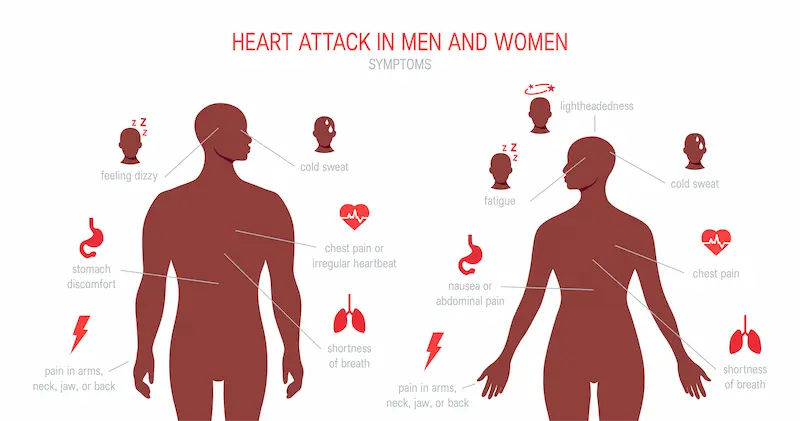- female
- 30 Years
- 20/02/2025
Lately, Ive been noticing that every time I stand up or go for a walk, my heart starts racing to around 130bpm, and it doesnt calm down until I sit or lie down. My chest hurts, and my legs feel weak and shaky during these times too. I did have an iron deficiency last year, but it never made me feel like this, and even though it's still slightly low, my recent results show it's getting better. Ive had an ECG done, and that seemed fine, so I'm wondering if I should be seeing a cardiologist. Could this be something serious?
Answered by 1 Apollo Doctors
Yes, given your symptoms of a racing heart rate when standing or walking, chest pain, and weakness in your legs, it would be prudent to visit a cardiologist. These symptoms may indicate a condition called postural orthostatic tachycardia syndrome (POTS) or other cardiovascular issues that require further evaluation. Even though your ECG is fine and your iron levels are improving, it is essential to rule out any underlying heart conditions or dysautonomia. A cardiologist can perform additional tests, such as a Holter monitor, echocardiogram, or tilt table test, to better understand the cause of your symptoms and recommend an appropriate treatment plan.
Dr. Anshul Suggests...
Consult a Cardiologist
Answered 04/07/2025
0
0

More Cardiology Health Queries
View allI'm a 40-year-old guy and I've been taking tablets since 2015. Originally, I was on Stamlo 5, but recently my blood pressure was consistently high around 140110 to 140100, even with the Stamlo 5. The doctor switched my medication to Envas 10 and Hydrazide 12.5, and now my blood pressure is under control. I'm just a bit worried about any side effects these might have. Could you give me some advice?
Envas 10 is a brand name for Enalapril, which is an ACE inhibitor that helps relax blood vessels to lower blood pressure. Hydrazide 12.5 is a combination medication containing Hydrochlorothiazide, which is a diuretic that helps your body get rid of extra salt and water to lower blood pressure. Some common side effects of Enalapril include dizziness, cough, and high potassium levels. Hydrochlorothiazide can cause dizziness, dehydration, and electrolyte imbalances. It's important to monitor for any side effects and report them to your doctor. Make sure to follow up with your healthcare provider regularly to monitor your blood pressure and adjust your medication as needed.
Answered by 1 Apollo Doctors
I've noticed that my resting pulse rate usually hovers around 90, although it can dip slightly below that sometimes. Is this normal for me? Also, I've observed that my pulse rate spikes to around 120 after I eat and take a light walk, like after lunch. Is this something I should be concerned about? Just a month ago, I went for a health check-up, and both the ECG and 2D echo turned out normal. I'd love to get your thoughts on this.
A resting pulse rate of around 90 beats per minute can be considered within the normal range, although it is on the higher side. It is normal for the pulse rate to increase after eating or during physical activity. A pulse rate of around 120 beats per minute while walking after lunch is also within normal limits, especially if you were engaging in mild physical activity. Since your ECG and 2D echo results were normal one month back, it is reassuring that there are no underlying heart conditions causing these pulse rate variations. However, if you continue to have concerns about your pulse rate, it would be advisable to monitor it regularly and consult with your healthcare provider for further evaluation and advice on managing your pulse rate.
Answered by 1 Apollo Doctors
I was on beta blocker Inderal 10 for about two years, stopping last October. Is it okay for me to do regular exercise or hit the gym now?
yes you can but start with mild exercies
Answered by 1 Apollo Doctors
Disclaimer: Answers on Apollo 247 are not intended to replace your doctor advice. Always seek help of a professional doctor in case of an medical emergency or ailment.

.webp)



